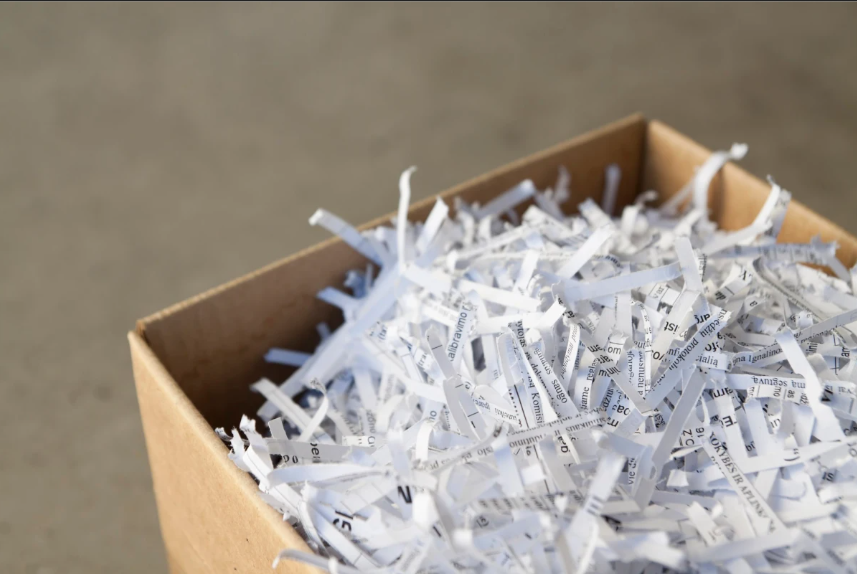Data security is a top priority for individuals and businesses alike. While much attention is given to cybersecurity threats, the importance of proper document disposal cannot be overlooked. Improperly discarded documents can pose significant risks, including identity theft, corporate espionage, and regulatory non-compliance. In this blog post, we’ll explore why do-it-yourself (DIY) shredding methods may fall short in protecting sensitive information and why professional document disposal services are essential for mitigating these risks.
- Limited Security Measures: DIY shredding methods, such as using personal or office shredders, offer limited security measures compared to professional document disposal services. Personal shredders may not adequately destroy documents, leaving sensitive information vulnerable to reconstruction. Moreover, office shredders are often underutilized, leading to backlogs and delays in document destruction, increasing the risk of unauthorized access.
- Incomplete Destruction: DIY shredding may result in incomplete destruction of documents, especially when dealing with large volumes of paper or sensitive materials like credit cards, CDs, or hard drives. Improperly shredded documents can still contain readable fragments, making it possible for identity thieves or malicious actors to piece together valuable information. Professional document disposal services utilize industrial-grade shredding equipment capable of thoroughly pulverizing documents and other media to ensure complete destruction.
- Exposure to Data Breaches: Improperly disposed of documents can expose individuals and businesses to data breaches, resulting in financial losses, reputational damage, and legal liabilities. Identity thieves and cybercriminals often target discarded documents containing personal, financial, or proprietary information. Even a single instance of data breach can have far-reaching consequences, including regulatory fines, lawsuits, and loss of customer trust.
- Regulatory Non-Compliance: Failure to comply with data protection regulations, such as the Health Insurance Portability and Accountability Act (HIPAA), Gramm-Leach-Bliley Act (GLBA), or General Data Protection Regulation (GDPR), can lead to severe penalties and sanctions. Many regulatory frameworks require organizations to implement secure document disposal practices to safeguard sensitive information and protect individual privacy rights. Professional document disposal services adhere to strict compliance standards and provide documentation to demonstrate compliance with regulatory requirements.
- Environmental Impact: Improper document disposal not only poses security risks but also contributes to environmental pollution. Burning or landfilling documents can release harmful toxins and greenhouse gases into the environment, exacerbating climate change and endangering public health. Professional document disposal services prioritize environmentally sustainable practices, including recycling shredded paper and other materials to minimize waste and reduce carbon footprint.
In today’s data-driven world, the risks of improper document disposal are too significant to ignore. While DIY shredding may seem convenient and cost-effective, it often falls short in providing adequate security and compliance assurances. Professional document disposal services offer comprehensive solutions tailored to the needs of individuals and businesses, ensuring sensitive information is securely destroyed and regulatory requirements are met. By partnering with trusted document disposal providers, organizations can mitigate risks, protect sensitive data, and uphold their commitment to security and privacy.

